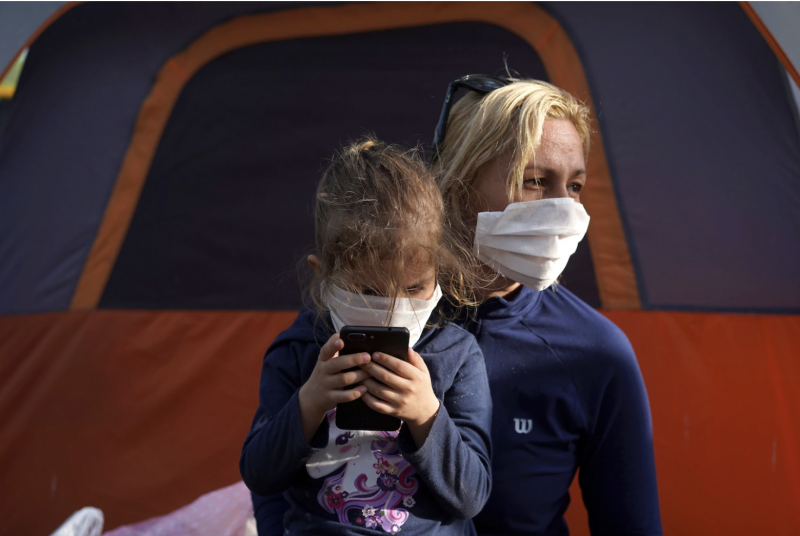By: Ben Kaufman
Journal of Global Rights and Organizations, Associate Articles Editor
HAVANA, Republic of Cuba – In response to a renewed wave of imprisonment of critical journalists in Cuba, the Office of the Special Rapporteur for Freedom of Expression issued a condemnation of the Cuban government’s crackdown on journalists and other citizens. This condemnation comes after a series of requests for inspections and records concerning the arrests, detention, and state pressure to self-exile of journalists in the last year.
Despite anticipation for a more engaged press and civil society launched by the words of President Raul Castro in 2010 concerning reforms, journalists have felt increasing pressure by the state to cease dissenting and critical coverage or to leave the state entirely. A representative of the Cuban Prisoner Defenders and member of the Patriotic Union of Cuba told the Guardian that journalists were being increasingly pressured to choose the exile option as a result of prisons overfilled with political prisoners. “We have found a variety of cases. Cases where the activist cannot be broken and is put on a plane, cases where the activist has a weak point, through their child or mother, and they attack there hard, leading the activist to give in and he goes to Guyana to beg.”
The official condemnation specifically refers to the arrest of Roberto Jesús Quiñones Haces – a Cuban lawyer and journalist who was arrested on April 22, 2019 for trying to report on the trial of Cuban pastors who were educating their children at home for Cubanet. Quiñones Haces was charged with resistance and disobedience and was sentenced by the Municipal Court of Guantánamo to one year in prison. He has been in prison since September 11, 2019. The condemnation includes statements by his family that his condition has deteriorated due to poor hygienic conditions. Furthermore, the condemnation refers to the disciplinary process stemming from his reporting from prison on October 1, 2019.
Pursuant to Resolutions 34/18, 42/22, 34/5 of the Human Rights Council and Article 18 of the IACHR Statute, the condemnation states that the Office of the Special Rapporteur sent a letter to the Cuban government seeking information on Quiñones Haces’s punishment, concerns regarding the lack of due process by the Cuban government, and the “motivation of the judgment against said independent journalist.” In its response to that letter, the Cuban government denied the allegations and reiterates that the motivation behind his punishment was “‘the disobedience, disrespect, and resistance of police authorities on April 22, 2019,’ when he intended to cover a trial.”
The condemnation further references artist Luis Manuel Otero Alcántara who was arrested on March 1 for his attendance at a protest in front of the Cuban Institute of Radio and Television to protest a film broadcasted on Cuban television which censored a gay kiss. Otero’s 21 prior arrests for activities associated with freedom of expression and association were of chief concern to the Office of the Special Rapporteur. In urging the Cuban government to end its harassment of members of civil society, the condemnation also refers to the situations of journalists Rolando Rodríguez Lobaina and Luz Escobar who have been detained and are barred from leaving the country.
Directly accusing Cuban authorities of being “the main source of threats and attacks against the press in the country,” the condemnation refers Cuba to its obligations under the Universal Declaration of Human Rights and the American Declaration of the Rights and Duties of Man, as well as Article 19 of the International Covenant on Civil and Political Rights to protect journalistic work, artistic work, and the defense of human rights.
For further information, please see:
Radio Television Marti – Roberto Jesús Quiñones Haces humillado en prisión – 26 Dec. 2019

